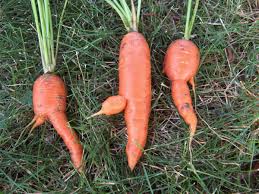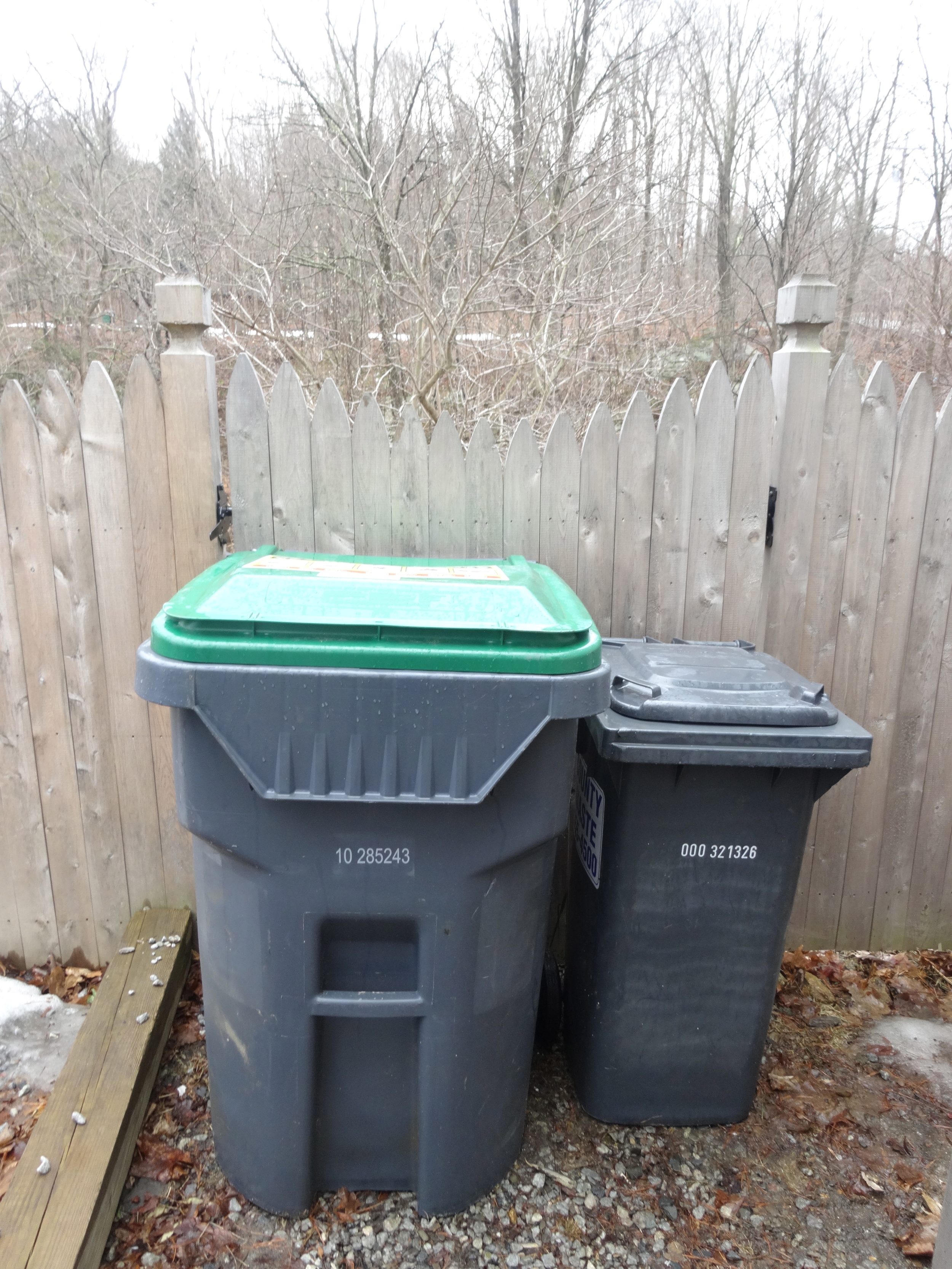I don't like to store my leftovers or homemade hummus, mayonnaise, apple sauce, or catfood in plastic containers. Plastics leach the chemicals BPA (bisphenol A), also used in the linings of canned foods, and phtalates into the foods and drinks that are stored in them. Moreover, heating or microwaving food in plastic seems to worsen the effect.
 Whether we are talking plastic food storage containers, or plastic water or soda bottles, it's all the same. I also try to avoid buying foods that are sold in plastic. Trader Joe's recently switched their organic peanut butter packaging from glass to plastic jars and I stopped buying it. Instead, I now buy organic peanut butter at my local supermarket that carries it in glass jars.
Whether we are talking plastic food storage containers, or plastic water or soda bottles, it's all the same. I also try to avoid buying foods that are sold in plastic. Trader Joe's recently switched their organic peanut butter packaging from glass to plastic jars and I stopped buying it. Instead, I now buy organic peanut butter at my local supermarket that carries it in glass jars.
I also stopped buying seltzer and got a home soda making machine. Not only do I no longer send all those plastic bottles to recycling, I also know that our own water is superior in quality and taste, as is of course the seltzer made from it (and who knows from what water source the commercial seltzer comes from). Granted, the home seltzer bottles are made from plastic, albeit BPA free plastic (one hopes); in addition the home made seltzer is made to order and consumed immediately, while the store bought seltzer sits in a hot delivery truck in its plastic bottle for hours and perhaps days, and then on a supermarket shelf for more days, and weeks, and perhaps even months. 
Inert materials, such as glass, stainless steel, aluminum or porcelain are safest for food storage. Glass works best, though, because it is see-through. I save wide-mouth glass jars (they are more practical than the narrow-mouth ones) in all sizes from peanut butter, salsa, pickles and such, and reuse them to store food. I also use Pyrex glass bowls with plastic lids (the lids don't touch the food) for leftovers.
Play it safe, play it glass.












